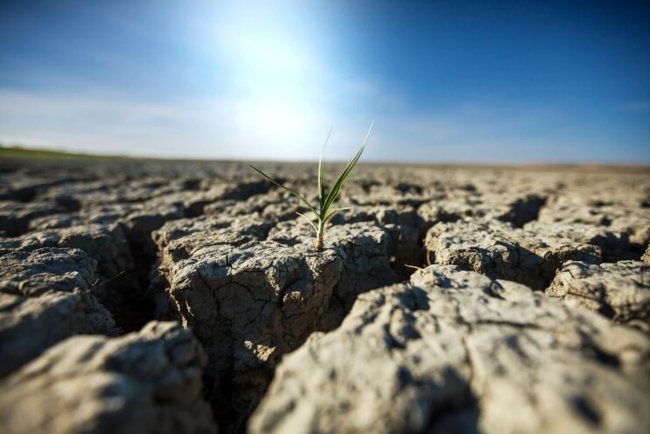LEGO Group Expands Solar Capacity To Achieve Climate Goals
LEGO plans a 72% solar capacity boost to meet climate goals, aiming for net zero emissions by 2050.

The LEGO Group has announced ambitious plans to significantly expand its use of renewable energy as part of its efforts to achieve net-zero greenhouse gas (GHG) emissions by 2050. In a statement outlining the company’s renewable energy expansion strategy, LEGO highlighted a planned 72% increase in solar energy capacity across its global production sites this year. This is aligned with the firm's wider climate goals, such as the target to cut the emissions by 37% in 2032.
As part of the expansion of solar power, LEGO is planning to develop infrastructure to generate about 38 MWp of solar power. The key projects in the new plan include major upgrading at its production facility in Nyíregyháza, Hungary. It will see its solar capacity tripled, through both ground and rooftop-mounted solar parks. It will have a new factory in Vietnam that features more than 12,400 rooftop solar panels installed across its building structures. These are efforts to improve the company's renewable energy portfolio as part of its climate action commitments.
LEGO said this initiative is only a part of an overall reduction program in their total value chain from GHG emissions. Such will be both about improving performance of the business at the enterprise level and taking up renewable solutions to power different locations. In a statement, LEGO Group reasserted its commitment to environmental sustainability, stating, "We are focused on better understanding, and then reducing, our total greenhouse gas (GHG) emissions throughout our value chain, which includes continuing to look for improvements in our own operations and increasing capacity and production of renewable energy across our production sites."
LEGO's renewable energy expansion will go beyond immediate capacity upgrades as it looks forward. The company has recently announced the development of a sizeable new solar park near its headquarters in Billund, Denmark. Currently under construction, the peak capacity of the new park is expected to be 80 MWp by 2028, and should be sufficient to match the peak energy demand of the company at its Billund operations, covering the total energy consumption of all of its Billund operations. This long-term investment is a key step towards sustainable energy supply for the operations of the company in Denmark.
Sustainability does not only revolve around investments in infrastructure. LEGO has just added a new key performance indicator which ties part of bonuses for all salaried employees to goals for emission reductions. Currently, the KPI captures carbon emissions from LEGO's factories, stores, and offices, as well as Scope 3 business travel emissions. In the future, the company intends to extend the KPI further into a broader Scope 3, aligning incentives for employees more closely with the company's sustainability goals.
Linking bonuses for employees to reduction in emissions is part of a larger sustainability strategy for LEGO that emphasizes environmental responsibility and accountability. The company said it would like to play its part in creating a better and more sustainable world for future generations. "At the LEGO Group, we want to play our part in creating a more sustainable world for children to inherit," LEGO stated. "A critical part of our sustainability strategy lies in limiting our impact on the planet's resources and climate."
The renewed focus on sustainability by the company, LEGO, occurs at a time when businesses across all other industries face the pressure to address their environmental impacts and be increasingly effective in adopting sustainable practices. In order for the company to strive toward environmental friendliness, LEGO invests in renewable energy and aligns the employee incentives with the goals of climate change.
The expansion of solar energy capacity is expected to play a very important role in LEGO's journey toward reducing its carbon footprint and achieving its long-term climate targets. With the completion of the projects in Hungary, Vietnam, and Denmark, the company is poised to make significant progress in its renewable energy adoption. These efforts underscore LEGO's determination to meet its climate commitments and contribute to global sustainability efforts.
As climate concerns escalate, LEGO's proactive approach to sustainability is crucial in the business world. In fact, this company is already focusing on renewable energy and trying to reduce its GHG emissions across all of its operations, paving the way for a greener and more sustainable future. In this respect, LEGO is not only making itself a more responsible corporate leader but also reaffirming its commitment to protect the environment for generations to come.
What's Your Reaction?

















